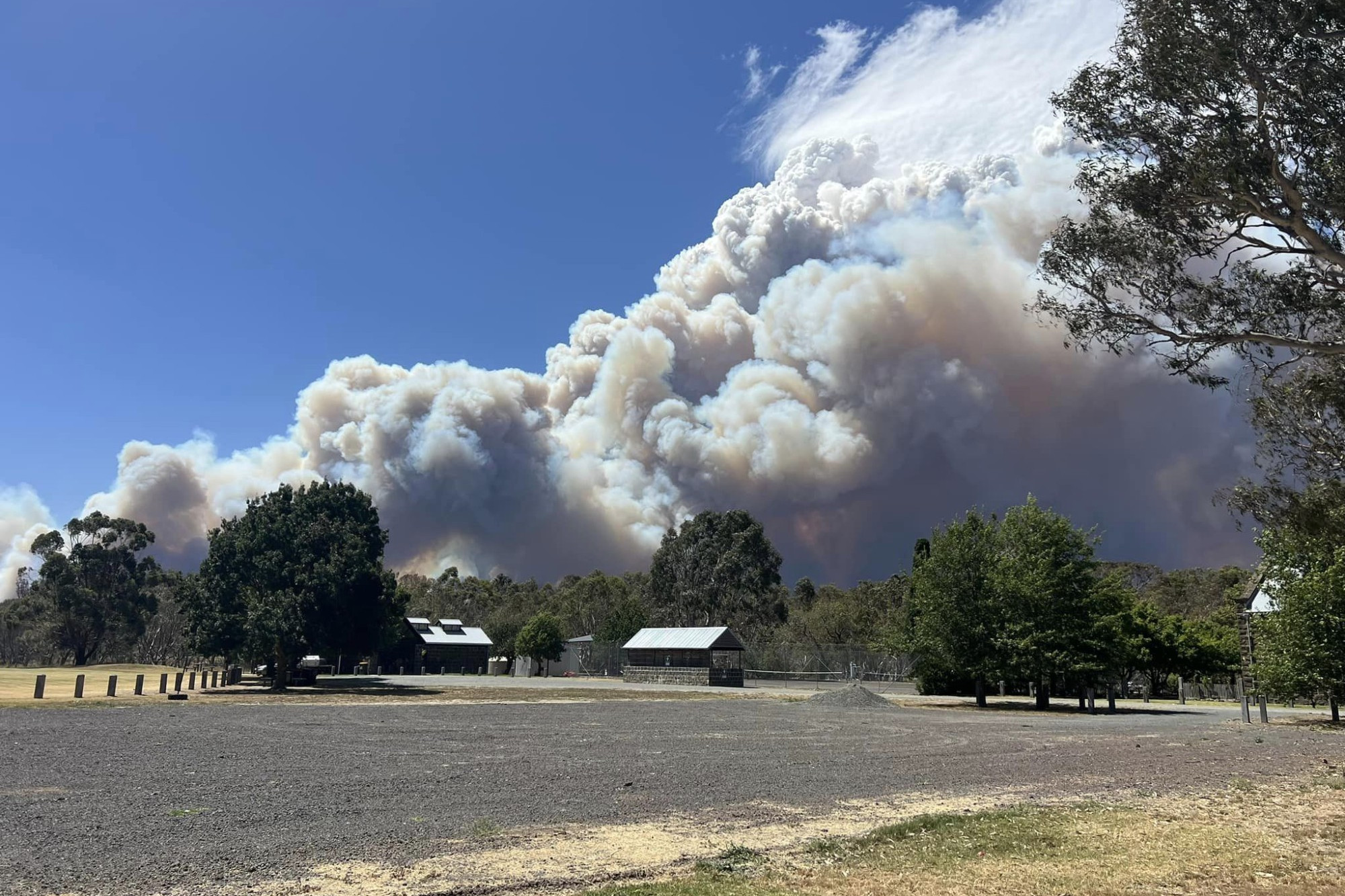General News
11 July, 2024
Bushfire aid available
A new recovery support program will be rolled out across Western Victoria to help people impacted by this year’s disastrous bushfires. Grampians Community Health (GCH) and Ballarat Community Health (BCH) have received funding from Emergency...

A new recovery support program will be rolled out across Western Victoria to help people impacted by this year’s disastrous bushfires.
Grampians Community Health (GCH) and Ballarat Community Health (BCH) have received funding from Emergency Recovery Victoria to provide case management services for the Pomonal and Dadswell Bridge fires and the Raglan fire which stretched from north of Beaufort to Elmhurst.
Each organisation will employ three dedicated case managers to provide intensive support for people directly impacted by the fires.
It is the first time both local community health agencies have been included in the Recovery Support Program.
It follows a push by their umbrella network, the Alliance of Rural and Regional Community Health (ARRCH), for a permanent trauma-informed workforce in Community Health across rural and regional Victoria to support disaster recovery response at the local level.
With both agencies were currently recruiting case managers for the program, GCH CEO Greg Little said case management support could cover accommodation, in-surance, health issues, rebuilding or “anything that helps a person with their recovery”.
He added that it was significant for both GCH and BCH to be part of a panel of providers registered with Emergency Recovery Victoria to support people after natural disasters.
“If a disaster was to happen again, we would be ready to respond,” he said.
Referrals to the program will be through Windermere, although both BCH and GCH can provide separate support for people if needed.
Kate Astbury, who is managing the program for GCH, said there was still a big need for support in the Grampians region after the February bushfires.
“Our experience from the 2006 fires told us that it is a long-term recovery,” she said.
“There is immediate shock and grief about the devastation and loss and then there is an ebb and flow over the next few years as people go through resource and psychological recovery.”
BCH CEO Sean Duffy said people in the region needed ongoing support.
“Without question there is a need,” he said.
“There is a tendency to have an intensive focus at the point of the crisis, but the reality is there is enduring trauma and ongoing support is required well beyond the traumatic event.
“These initiatives make sense for communities. We know from previous experience that support is required for many years.”
Mr Duffy said community health was ideally placed to support communities after an incident.
“The case managers will design tailored support for each individual and family and work with them to address their pressing practical and emotional needs, using the resources at our disposal and to help them navigate through what can be complicated systems,” he said.
People impacted by the fires but not eligible for referrals from Windermere, can contact GCH on 5358 7400 and ask to speak to an intake worker or visit the BCH website at www.bchc.org.au for help.